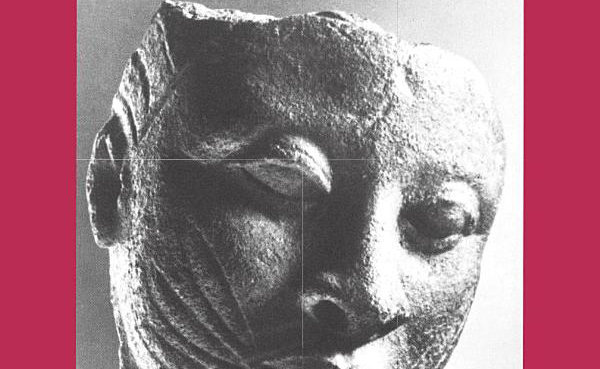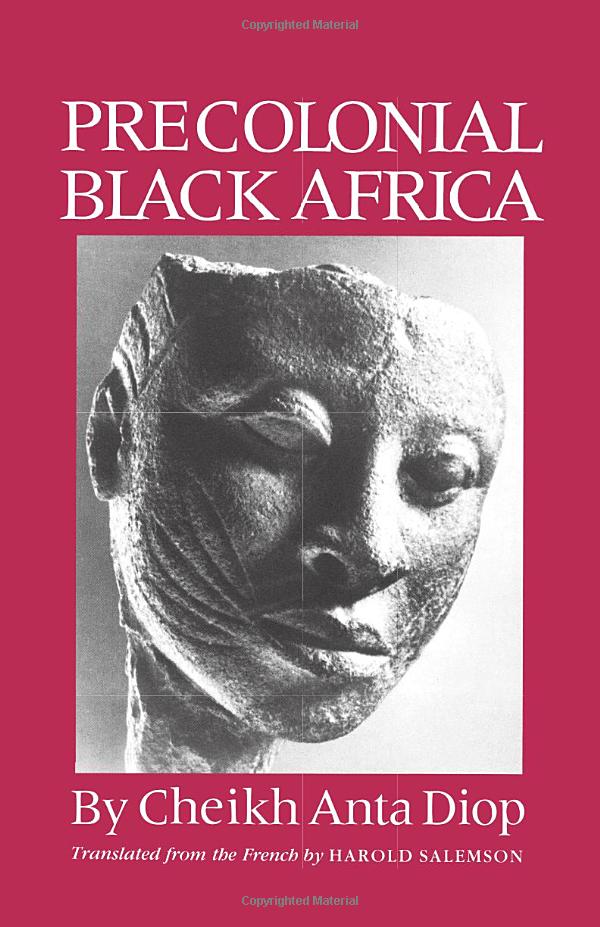Recently, Chakabars visited Sway In The Morning to share a book that he believes everyone in the African diaspora should read. That book is Precolonial Black Africa by Cheikh Anta Diop. In this work, Diop sets out to reconstruct African history and highlight the black contribution to the foundations of Western civilization. He compares the political and social systems of Europe and black Africa from antiquity to the formation of modern states.
Understanding African history
Cheikh Anta Diop’s Precolonial Black Africa offers an in-depth understanding of the political and social systems of Africa before the arrival of colonialists. Diop argues that Africa’s rich history was often overlooked or suppressed by Western scholars and historians. His work is a reconstruction of African history based on research that seeks to provide a scientific understanding of precolonial societies in Africa, the Mediterranean, and Europe. With this information, readers can gain insight into the complex and nuanced history of Africa.
Reclaiming African history
Diop’s work is a reclamation of African history that was suppressed by the colonialist powers that sought to erase the African contribution to the foundations of Western civilization. His work considers the similarities and differences between black Africa and the West. This information is crucial in regaining the lost African history, culture, and identity. It is essential to understand Africa’s history and celebrate its contributions to the world.
Challenging the narratives
Diop’s work challenges the prevailing narratives about African history. He rebukes the depiction of Africa as a continent without history. The work highlights the African contributions to world history, including the foundations of Western civilization. His work has transformed the basic thrust of African studies in the United States and other parts of the world. Reading Precolonial Black Africa will challenge the existing narratives about African history and highlight the need to rediscover the African contribution to civilization.
Connecting with African heritage
Today, many people of African descent yearn to reconnect with their African heritage and reclaim their identity. Precolonial Black Africa offers readers a historical context to understand the African continent’s complex and diverse cultures. The book encourages readers to embrace their African roots, celebrate their heritage, and take pride in their ancestry. Reading Precolonial Black Africa is not just about understanding African history; it is also about identity and connection.
Learning from history
History often repeats itself, and studying history provides invaluable insights into society, culture, and civilization. Cheikh Anta Diop’s work is a reminder that the knowledge and wisdom of our ancestors are essential in shaping the present and the future. His work highlights the importance of understanding the consequences of colonialism and imperialism, not just for Africa, but the rest of the world. The knowledge gained from reading this book is not limited to African history; it explores human history.
In conclusion, reading Precolonial Black Africa is essential for anyone interested in African history and the African contribution to the foundations of Western civilization. The work is a reconstruction of African history based on scientific research that provides an in-depth understanding of pre-colonial African societies’ political and social systems. Diop’s work is a reclamation of African history that rebukes the depiction of Africa as a continent without history. The book provides readers with a historical context to understand the African continent’s diverse cultures and encourages readers to embrace their African roots. Finally, studying history provides insights into society, culture, and civilization, and Precolonial Black Africa is an invaluable resource for understanding African history and human history as a whole.


